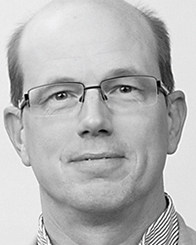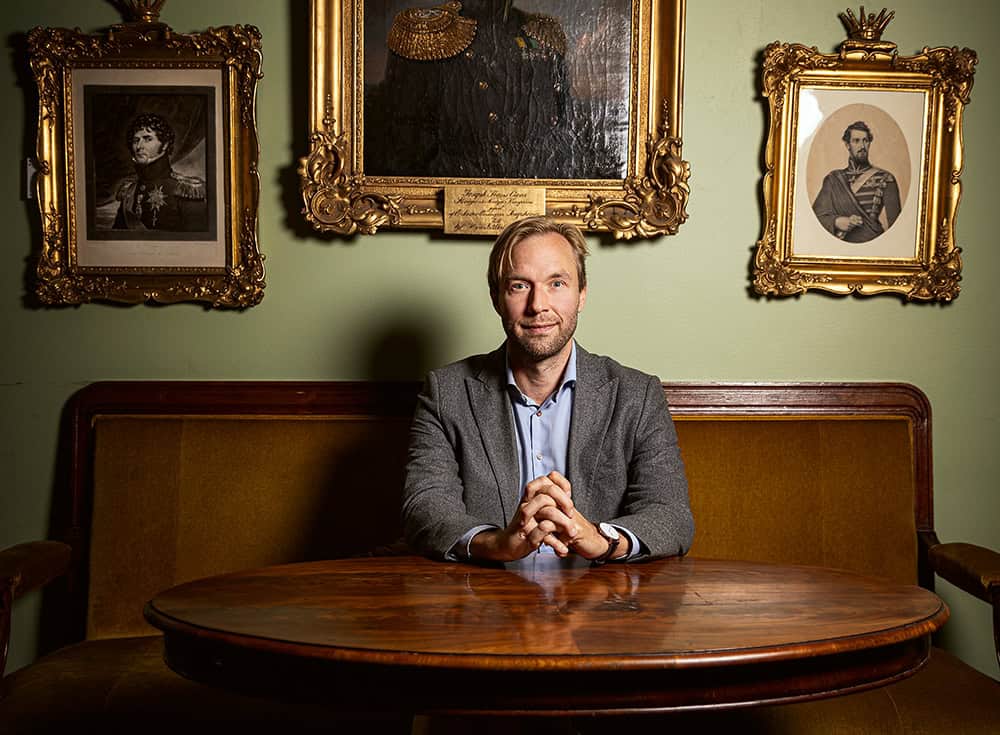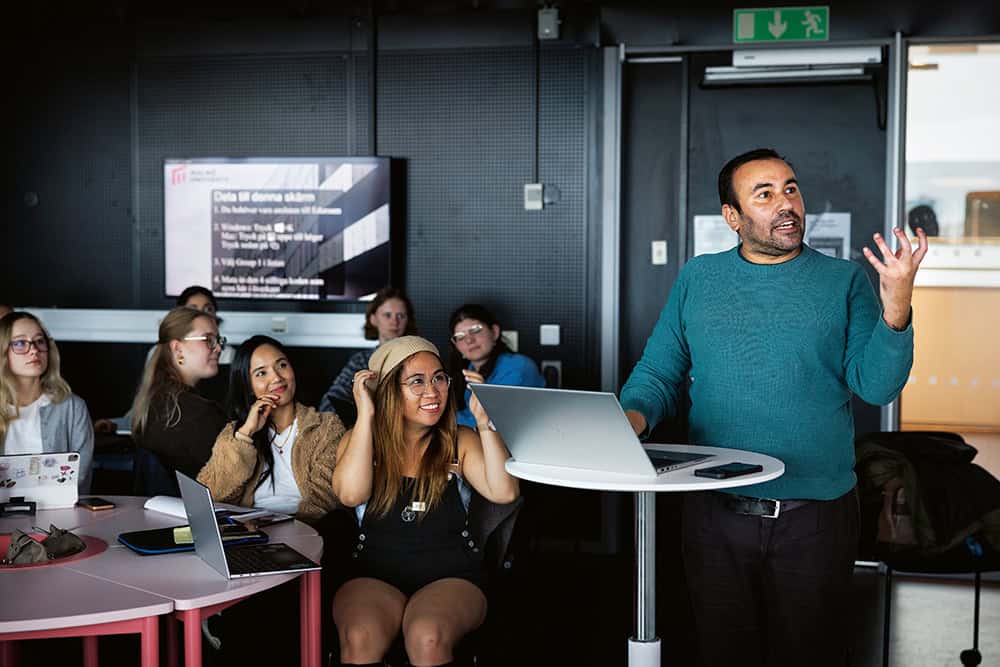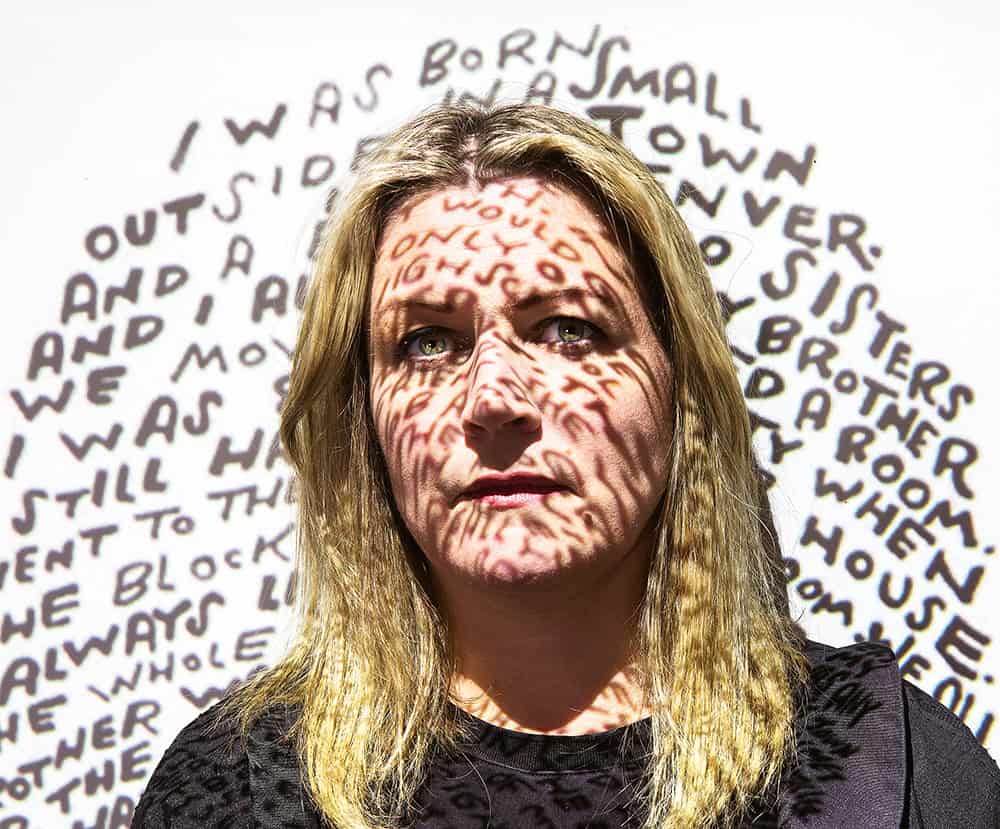The new agreement between SULF and the Swedish Agency for Government Employers comes into effect on 1 February 2022. The agreement contains a transitional provision for postdocs who were began their employment earlier if it is due to continue after 1 October 2022.
Opportunity for a third year
The agreement clarifies that a postdoctoral position must be for at least two years and provides a new opportunity to make the duration of employment up to three years.
“This fits better with the time periods set for research funding”, says SULF’s chief negotiator Robert Andersson. “It can also be beneficial now that the new migration rules require more long-term support and two years may not be sufficient.”

Previously, employment could be extended further if the postdoc needed to conduct clinical work. Now it can also be extended for defence-related work and ”employment/assignments relevant to the subject area”.
“For example, it could be important for a postdoc in public health to carry out an assignment for Sida abroad,” says Andersson. “It must be relevant but not directly meritorious for research and it will be assessed locally. But we must follow this area closely so that things don’t get out of hand and the three-year limit for employment disappears.”
Can apply before receiving the doctorate
The new special criteria for extension also provide exceptions to the rule that postdoctoral positions must primarily go to people who received their doctoral qualification a maximum of three years ago. Another new rule is that doctoral candidates can apply for a postdoctoral position before they have actually qualified, but that the doctoral degree must be completed before the decision on the position can be made.
According to the new agreement, postdoc employees stationed abroad will be granted leave of absence. “That enables you to do an international postdoc and then return to your employment,” says Andersson.
As before, parental leave, illness and assignments as trade union representatives also give the right to an extension.
Universitetsläraren reported last year that around 20 per cent of postdocs are not employed under the postdoc agreement but are on scholarships. “Our hope is that the new agreement will displace the use of scholarships to extend a postdoc beyond two years.”

















